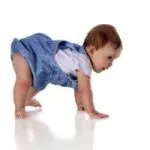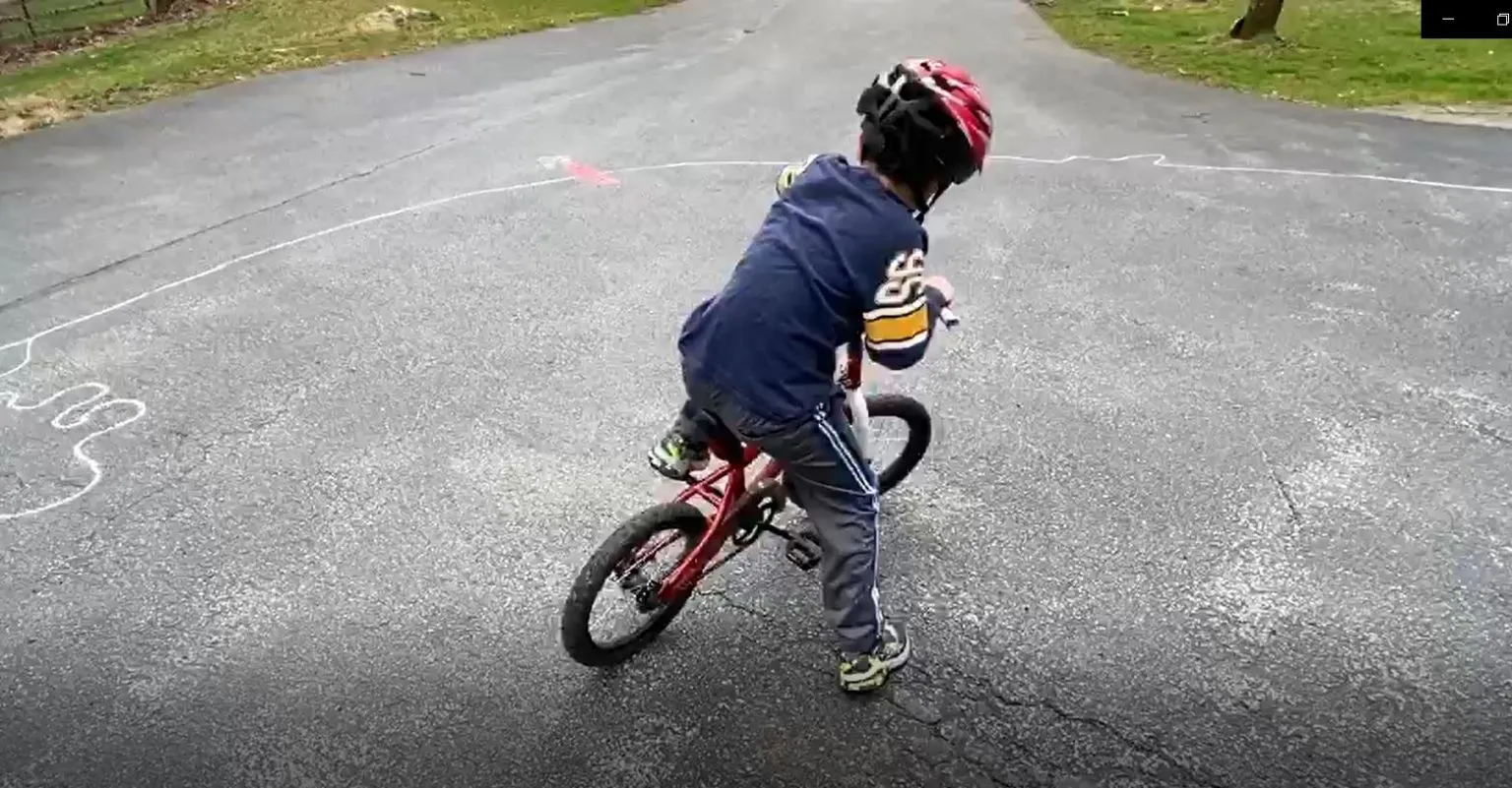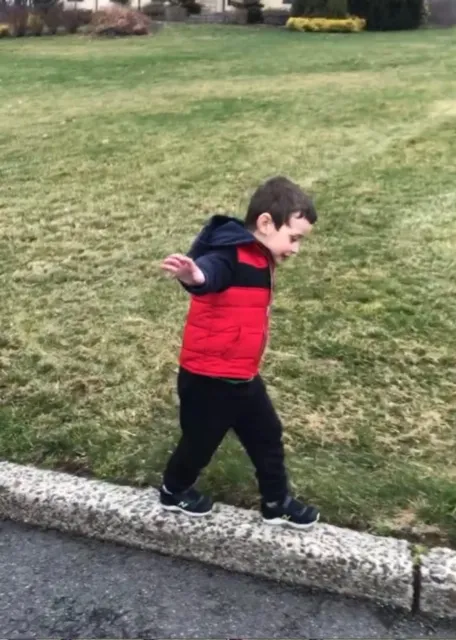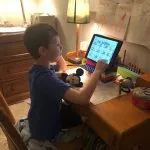Waiting to Walk: Why It’s Ok If Your Child Isn’t Walking By Their First Birthday
By Hayley Apiscopa, DPT
When Will My Baby Start Walking?
Healthy babies often reach developmental milestones like getting their first tooth and crawling at different rates – learning to walk is no different. Many parents that come to my clinic often express concern if their child has not hit this key developmental milestone by 12  months old. I am writing this blog to tell you – not to worry.
months old. I am writing this blog to tell you – not to worry.
While there are plenty of babies who take their first steps by 12 months or before, it’s perfectly normal for a child to not be walking at their first birthday and for several months thereafter. In fact, we see many babies don’t start taking their first steps until around 13 months. Some may not even walk until 15 to 16 months of age—and that’s still in the typical range.
It’s important to remember that each child is different and has their own developmental schedule. Studies show that early walking isn’t correlated with better coordination or cognition later in life—so it’s just fine for your baby to take their time before taking those much-anticipated first steps. In fact the longer they work on their crawling, the stronger they get and the sharper their spatial, gross motor and core muscles get to further support walking.
Ways to Encourage Walking
Now, even though your child is operating at their own pace, know that you can always give a little encouragement. Maybe your child is an expert crawler, for example, who finds little interest in walking. If they’re completely mobile and crawling serves them well, they may be less motivated to experiment with walking.
However, if you start to move the action off the floor, they might be suddenly interested in giving standing and walking a go. If your child is an expert crawler or simply spends a lot of time playing on the floor, start putting toys on the edge of the couch or up on a coffee table. Then, when that has their interest piqued and they are regularly pulling up and cruising the furniture, move the coffee table a little further from the couch so they have to take an unassisted step to get from one place to another.
When you’re sitting on the floor, let your child pull up using a sturdy chair, then sit a couple of feet away with a favorite toy and see if they try to take that single step to get to you or the toy. Also, make sure that you’re not always providing a little circle of toys right around your child on the floor, as proximity to easy entertainment can discourage exploration outside of their comfort zone.
Try spreading toys out around your child, so they have some motivation to get moving. Not so much that it’s frustrating, but just enough out of reach that they are willing to work for it a bit.
Free Time on the Floor
Some children are perfectly content to hang out playing in an exersaucer, high chair, playpen, crib, or even in your arms. That’s perfectly fine, but make sure you also give them plenty of time to roam freely on the floor (supervised, of course) so they can put those emerging large motor skills to use.
WARNING: You might think that an exersaucer, jumper, or stationary sit-in walker (note that mobile baby walkers are not safe, as they can cause injury) is helping them learn to stand and walk, but actually, research has found just the opposite. In fact, despite the names of these products, research shows that these baby “walking” aides not only don’t help babies to walk sooner, they can actually hinder their progress toward first steps and even disrupt a child’s natural gait.
Final Thoughts
Most parents anxiously await their child’s first steps—and it is super exciting to watch your baby learn to walk. But try to be patient and not to worry too much about when it happens. Just savor the big moment when it comes—and always be ready with a kiss.
Another recent blog post that you may find helpful is the one I wrote about crawling and the importance of this milestone. Click here to read it.
I am happy to answer any questions about your child’s development – feel free to contact me on social media, call our office or email.





